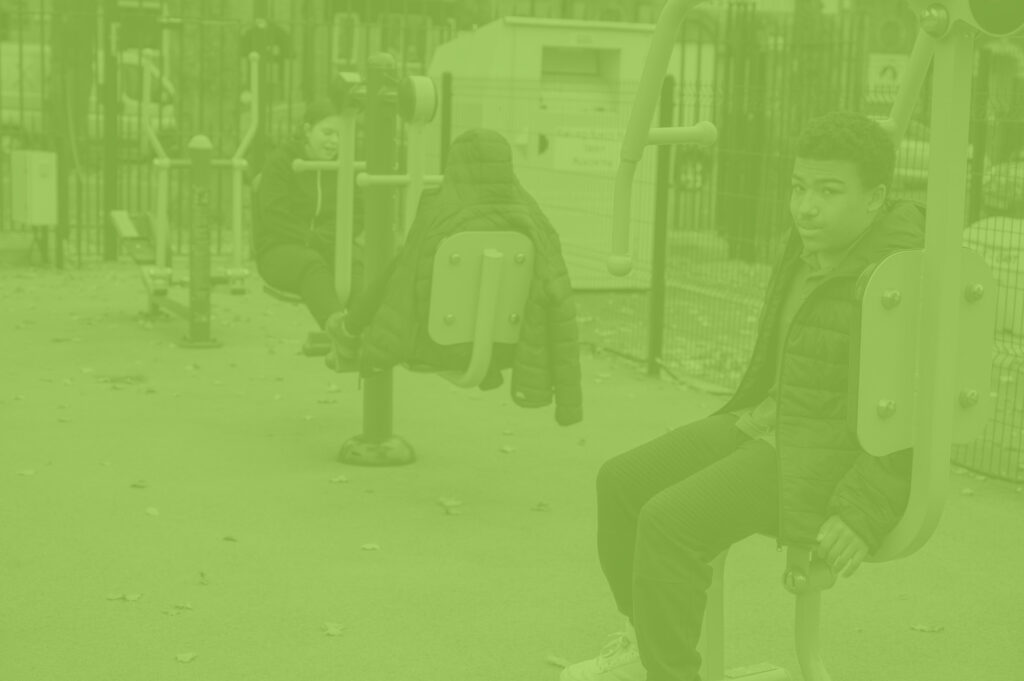Eligibility and funding amounts
The pupil premium grant is funding provided to schools to close the attainment gap between disadvantaged pupils and their peers. A school will receive an amount of money for each pupil of compulsory school age who fits the eligibility criteria. There are five categories of eligible pupil. Each category attracts a different amount of funding.
Allocation
The grant is allocated in line with the financial year, which begins in April. Each year’s allocations are based on data from the previous January’s census. If an eligible pupil joins after the January census, the school will not receive pupil premium funding for his/her until the following year. Maintained schools receive the pupil premium through their local authority (LA), whereas the Education Funding Agency allocates the funding directly to academies and free schools. Both academies and maintained schools receive the grant in quarterly instalments. However, pupil premium funding for looked-after children (LAC) is not allocated to schools but to the virtual school head in the LA, who will work with the school to decide how it will be spent.
Spending the grant
The grant can be spent as each school sees fit, as long as it is used to demonstrably improve the attainment of eligible pupils. Schools do not need to spend an equal amount on each pupil, or use the money for interventions that benefit only eligible pupils. However the grant should not be used to fund free school meals, as schools already receive funding for this through the dedicated schools grant.
Publishing information about pupil premium spending Schools must publish information on their websites about the amount of pupil premium funding they have received, how it will be used, how the previous year’s allocation was spent, and the effect of this expenditure on the attainment of eligible pupils.




























